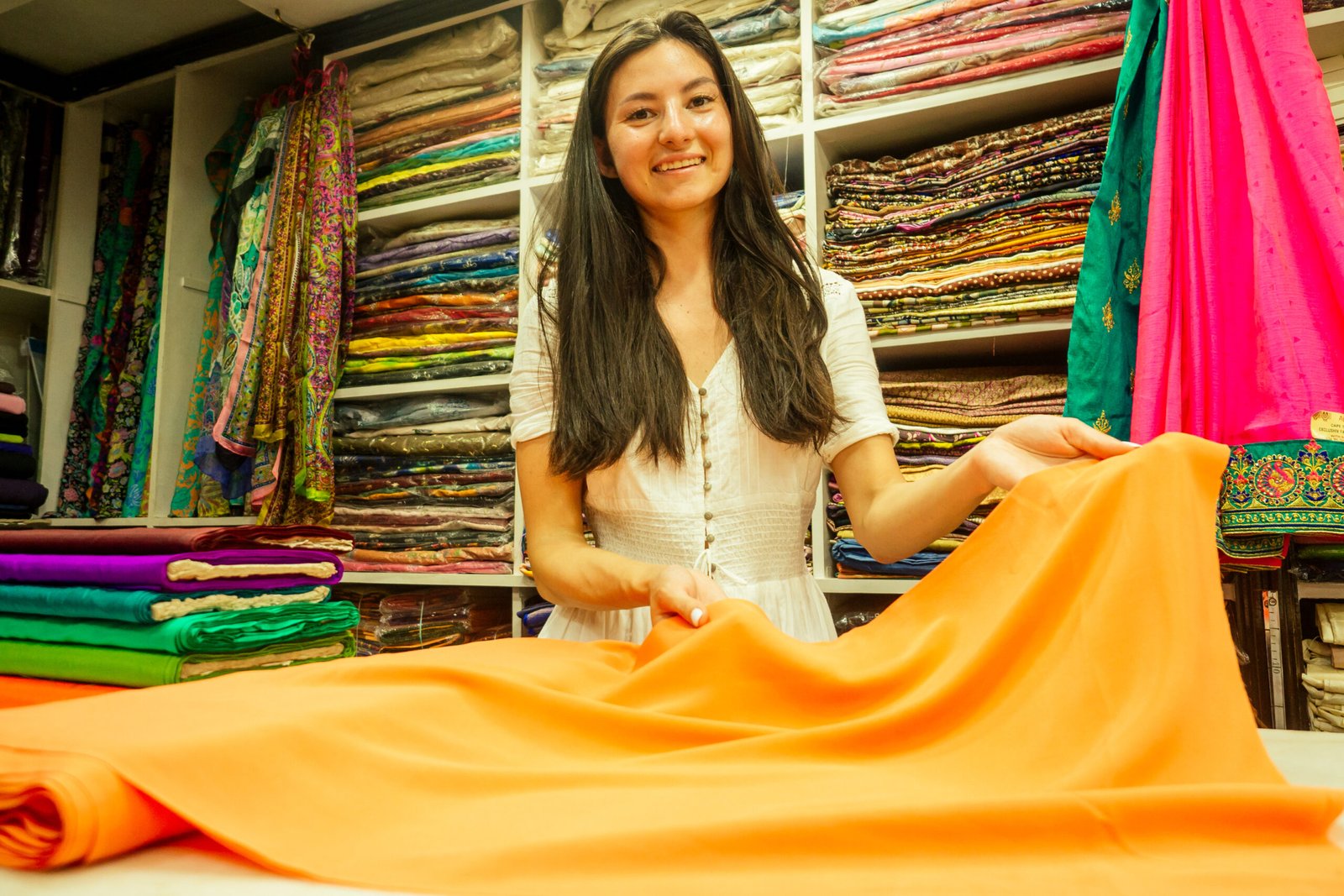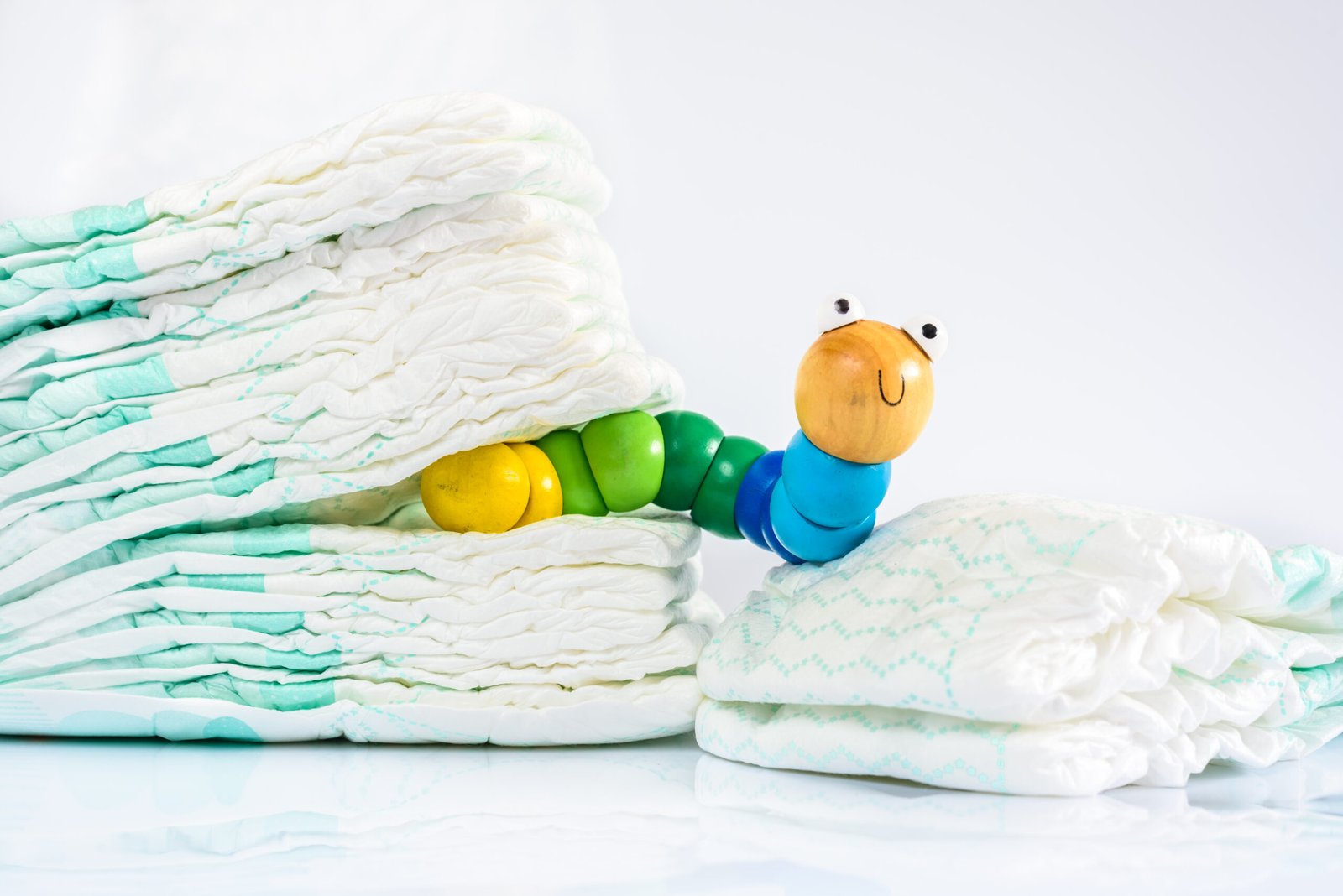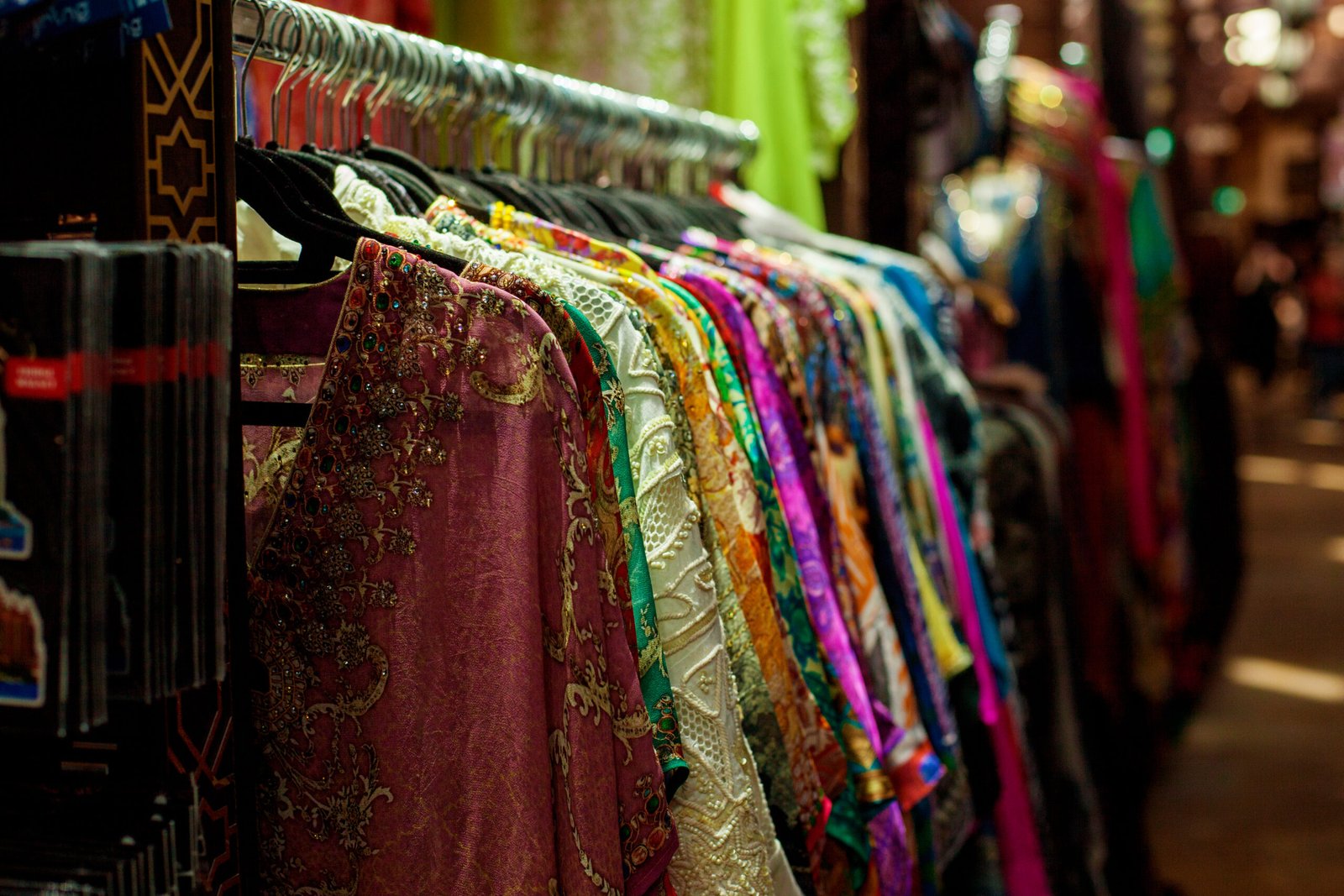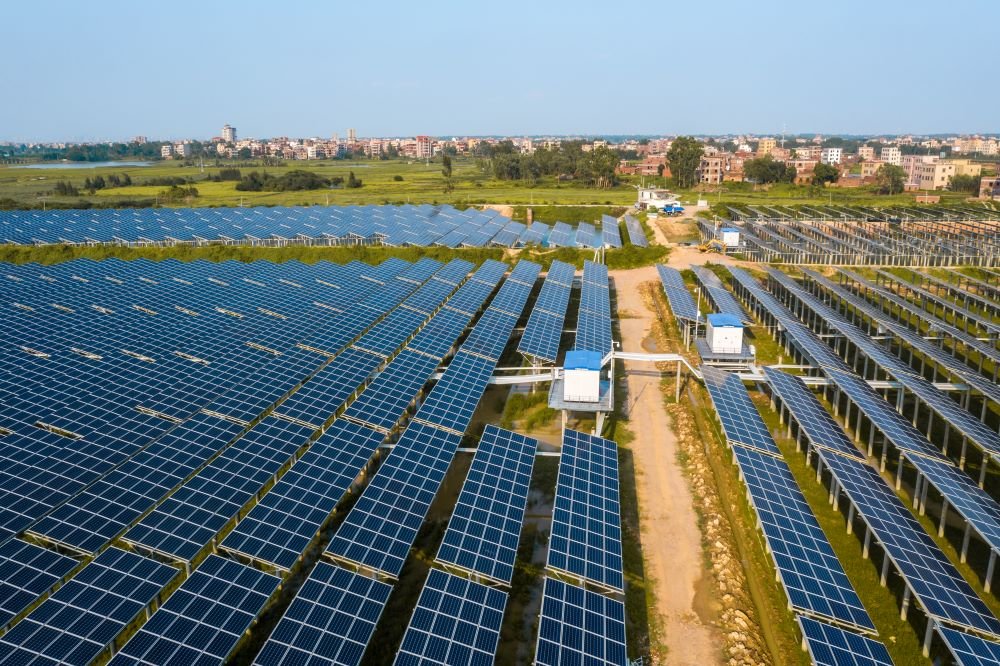The Importance of Textile Sourcing Companies in India
India’s textile industry holds a significant position in the global market, being one of the largest manufacturers and exporters of fabrics and materials. Textile sourcing companies in India serve as essential facilitators in connecting international buyers with this vast and diverse market. These companies play a crucial role in streamlining the sourcing process, ensuring quality, cost-effectiveness, and timely delivery of products.
India’s textile industry is renowned for offering a wide variety of fabrics, ranging from luxurious silks to durable cotton and intricate handwoven textiles. This diversity appeals to both the fashion industry and home decor markets globally. With rich traditions in textile craftsmanship, coupled with modern manufacturing capabilities, India has become a preferred destination for businesses looking to source high-quality textiles.
Textile sourcing companies ensure that buyers can access the right suppliers, who specialize in specific materials, whether it’s fashion fabrics or home textiles. These companies offer valuable insights into India’s textile hubs, such as Surat, Mumbai, and Coimbatore, which are known for their specialization in different kinds of textiles. Their expertise enables businesses to tap into India’s production capacity while managing logistics, quality control, and compliance with international standards.
In a competitive global market, India’s textile industry continues to thrive, thanks in part to the expertise of sourcing companies that navigate its vast landscape. By partnering with these companies, businesses can benefit from India’s rich textile heritage and extensive production capabilities, making it easier to access high-quality, ethically sourced materials for both fashion and home decor.
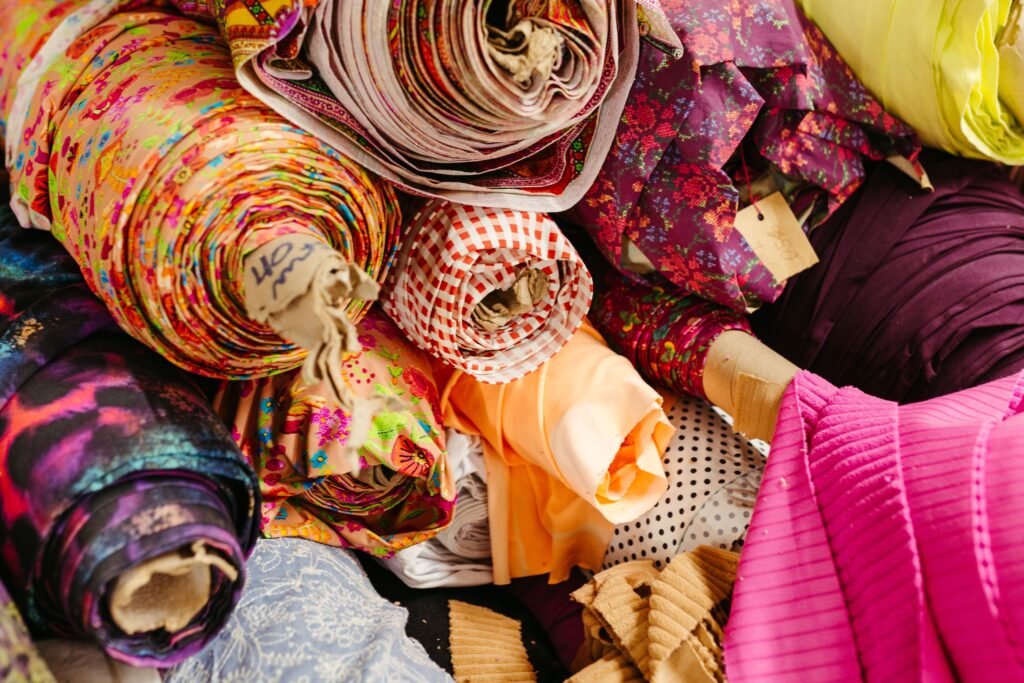
Leading Textile Sourcing Companies in India
India’s textile industry has earned its reputation as a global hub for high-quality fabrics, thanks in part to its leading textile sourcing companies. These companies play a crucial role in connecting international buyers with manufacturers that specialize in various types of textiles, from fashion fabrics to industrial and home textiles.
Leading Textile Sourcing Companies
Among India’s top textile sourcing companies, many stand out for their extensive networks, ability to meet diverse client needs, and specialization in different sectors of textile production. The Indian Textile Journal’s 2021 ranking of the top 50 textile companies highlights these leaders, categorized by large companies with sales exceeding Rs 500 crore and smaller firms with sales between Rs 100 crore and Rs 500 crore.
Some of the largest players in India’s textile industry specialize in:
- Home Textiles: Companies like Welspun and Trident lead in home textiles production, providing products like bedsheets, towels, and home furnishings to international markets. These companies benefit from their ability to produce at scale while maintaining quality, and they cater to the increasing global demand for sustainable, well-made home textiles.
- Fashion Textiles: Arvind Limited is one of the biggest names in fashion fabrics, supplying denim and woven textiles to some of the world’s largest fashion brands. Their strong market presence and innovation in fabric technology keep them ahead in a competitive global landscape.
- Industrial Textiles: Companies like SRF Limited focus on technical textiles, supplying high-performance fabrics for sectors such as automotive, agriculture, and construction. The versatility of Indian textile manufacturers to cater to both fashion and industrial needs gives India a competitive advantage.
Strengths in Fabric Production and Market Presence
These companies are known for their expertise in different types of textiles. Their large-scale production capabilities allow them to meet international demand while maintaining competitive pricing. India’s textile sourcing companies excel in combining traditional textile-making techniques with modern technology, offering a diverse range of materials that appeal to various industries. For example, fashion and home textiles require softer, high-quality fabrics, while industrial textiles focus on durability and performance.
In addition to their product specialization, these companies have a strong global market presence. India’s vast export network spans the US, Europe, and emerging markets, which allows these sourcing companies to consistently provide products that align with international quality standards and design trends. This established presence ensures that sourcing from India remains a reliable and cost-effective option for global buyers.
Government Support and Industry Challenges
The Indian government has provided crucial support to the textile industry, offering incentives and policies aimed at boosting exports. Initiatives like Free Trade Agreements (FTAs) have created more opportunities for Indian textile manufacturers to compete on the global stage, reducing trade barriers and encouraging international trade.
However, despite these positive steps, the industry still faces challenges. The effects of the Covid-19 pandemic resulted in lower-than-expected growth in 2021, with many companies grappling with rising debt, shrinking profit margins, and increasing competition from countries like Bangladesh and Vietnam. Lower productivity in some areas and the need for more efficient quality control measures are other challenges that need to be addressed to maintain India’s competitive edge.
Future Outlook
Despite these obstacles, the future of India’s textile industry remains promising. With government initiatives and market-driven innovations, India’s textile sourcing companies are poised for further growth, driven by a global shift towards sustainability and ethical production. As international demand for textiles rises, Indian manufacturers and sourcing companies continue to adapt and expand, ensuring that India remains a key player in the global textile market.
In conclusion, leading textile sourcing companies in India are well-positioned to serve the global market with a diverse range of products. Their expertise in fabric production, strong market presence, and ability to adapt to challenges make them invaluable partners for businesses looking to source high-quality textiles from India.
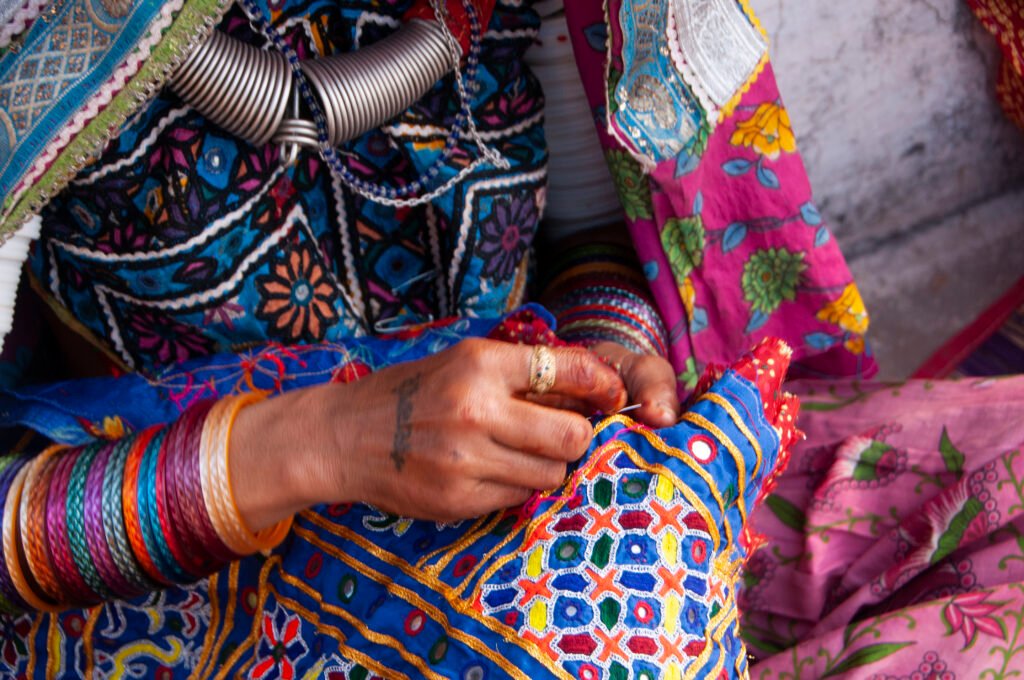
Major Textile Hubs in India
India is home to several key textile hubs that play a vital role in its global dominance in the textile industry. Each region specializes in unique types of fabric production, making them ideal for sourcing materials for clothing lines and home textiles.
Surat – The Hub of Synthetic Textiles
Surat, located in the state of Gujarat, is renowned for its production of synthetic fabrics like polyester and nylon. Often referred to as the “Silk City of India,” Surat is a major exporter of synthetic and art silk materials, which are widely used in the fashion industry. Its modern production facilities and established textile industry make it an ideal region for sourcing fabrics for both mass-market and designer clothing lines. Surat is particularly known for its high-volume production capabilities, quick turnaround times, and advanced textile processing technologies.
Mumbai – The Fashion Capital of India
Mumbai is often recognized as the heart of India’s fashion industry, making it a significant textile hub. It is home to both traditional and modern textile manufacturers who produce a variety of fabrics, from cotton and silk to luxury materials. Mumbai’s strategic location as a port city enhances its accessibility to international markets, making it a preferred choice for global buyers seeking premium fabrics for fashion lines. The city also hosts numerous textile markets and exhibitions, providing businesses with direct access to suppliers and emerging trends.
Coimbatore – The Cotton City
Coimbatore, located in Tamil Nadu, is widely regarded as the “Manchester of South India” due to its prolific cotton production. Known for its high-quality cotton textiles, Coimbatore is a go-to destination for businesses looking to source materials for clothing lines, including t-shirts, bed linens, and home textiles. The city has a long history of textile manufacturing and is equipped with both traditional mills and state-of-the-art spinning units. Its specialization in eco-friendly and organic cotton production also aligns with the growing demand for sustainable textiles in global markets.
Why These Textile Hubs are Ideal for Sourcing
Each of these textile hubs offers distinct advantages, making them ideal for sourcing fabrics:
- Surat: Specializes in synthetic and polyester fabrics, perfect for large-scale production.
- Mumbai: Offers diverse materials and access to fashion-forward trends, making it ideal for premium clothing lines.
- Coimbatore: Renowned for its high-quality cotton textiles and focus on sustainability, ideal for businesses seeking eco-friendly fabrics.
These regions have built their reputations by catering to a wide range of industries, from fashion to home textiles, while providing quality, volume, and competitive pricing. The infrastructure, expertise, and strategic location of each hub ensure that international buyers can source the best materials for their specific needs.
In conclusion, Surat, Mumbai, and Coimbatore stand as the major textile hubs in India, offering businesses a diverse range of fabric options, modern manufacturing capabilities, and efficient logistics for smooth sourcing operations.
Top Textile Exporters in India and Their Role in Global Trade
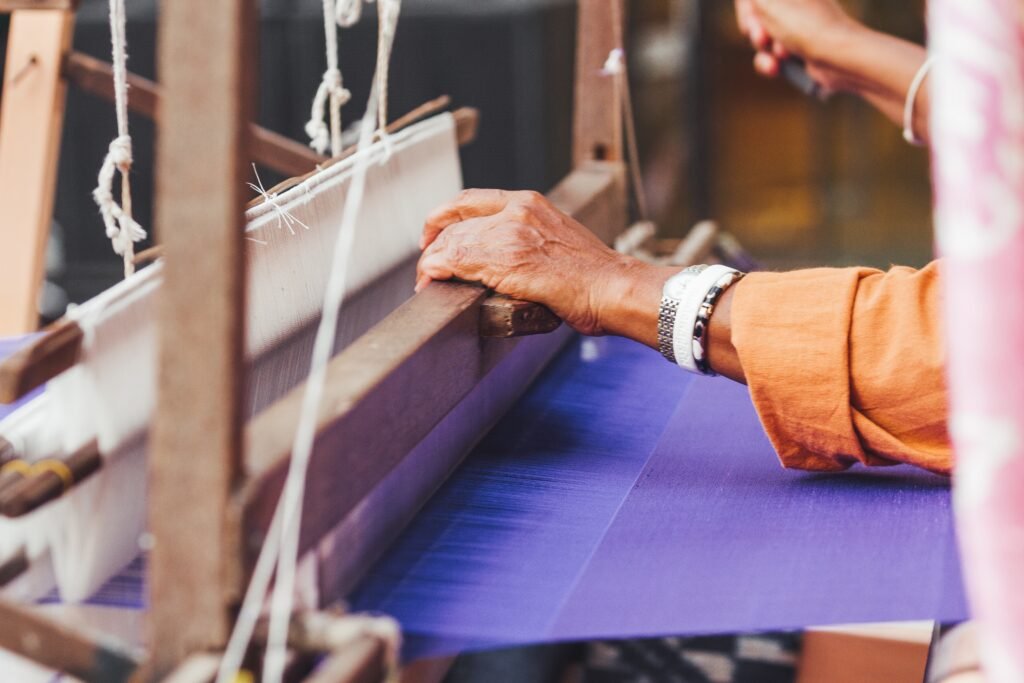
India is one of the world’s largest textile exporters, with several leading companies driving the industry’s dominance on a global scale. These top textile exporters play a crucial role in facilitating international trade, ensuring that buyers from around the world can access high-quality fabrics and textiles. Textile sourcing companies act as intermediaries, connecting international businesses with the best manufacturers in India, streamlining the export process, and ensuring compliance with global standards.
Leading Textile Exporters in India
India’s top textile exporters are known for their scale, innovation, and ability to cater to a diverse range of textile needs across the globe. Some of the key players include:
- Welspun India: One of the largest textile exporters in the country, Welspun specializes in home textiles like towels, bed sheets, and rugs. The company has a strong presence in international markets, particularly in the US and Europe, supplying to major retailers like Walmart and Target. Their success is built on their large-scale production capabilities, innovation in textile technology, and commitment to sustainable practices.
- Arvind Limited: A major player in the fashion textile industry, Arvind is best known for its high-quality denim and woven fabrics. The company is a leading supplier to top global fashion brands like Levi’s, Gap, and Tommy Hilfiger. Arvind’s ability to innovate, particularly in sustainable fabric production, has helped it maintain its leadership position in the global textile market.
- Vardhman Textiles: Specializing in both fashion and home textiles, Vardhman Textiles is another significant exporter. With a focus on cotton fabrics, yarns, and garments, the company has built a reputation for high-quality materials and sustainable production processes. Its global reach spans multiple markets, including Europe, the US, and Asia.
- Raymond: Primarily known for its fine woolen and worsted fabrics, Raymond has a strong international presence, exporting to over 55 countries. The company’s high-quality suiting fabrics are particularly sought after in Europe and the Middle East, where there is a strong demand for premium textiles.
The Role of Textile Sourcing Companies
Textile sourcing companies in India play a vital role in facilitating the export process for these major textile manufacturers. By acting as intermediaries between buyers and suppliers, sourcing companies ensure that international businesses have access to the right products, quality standards, and logistical support required for successful transactions.
Here’s how textile sourcing companies support global trade:
- Supplier Vetting and Product Selection: Sourcing companies help international buyers identify the right suppliers based on their specific needs. Whether it’s fashion textiles, home decor fabrics, or industrial materials, sourcing agents have deep market knowledge and connections with trusted manufacturers.
- Quality Control: Ensuring that products meet international quality standards is a key function of textile sourcing companies. They conduct thorough inspections, oversee production processes, and ensure compliance with both the buyer’s specifications and global standards, reducing the risk of defective goods being shipped.
- Logistics Management: Sourcing companies handle the complex logistics of shipping textiles globally. This includes managing documentation, customs clearance, and coordinating shipments to ensure timely delivery. Their expertise in navigating international trade regulations helps streamline the process and ensures smooth transactions.
- Sustainability and Ethical Sourcing: Many textile sourcing companies are also focused on sustainability and ethical sourcing, ensuring that the manufacturers they work with adhere to environmental and labor standards. This aligns with the growing demand for eco-friendly and ethically produced textiles in global markets.
India’s Textile Dominance and Global Impact
India’s dominance in the textile industry is not just due to its production capacity but also its ability to cater to diverse international markets. The country’s manufacturers offer everything from mass-market fabrics to high-end, customized textiles, making it a key sourcing destination for businesses worldwide. Textile sourcing companies help amplify this reach by providing the necessary market intelligence and support to buyers, ensuring that they can navigate India’s vast textile landscape efficiently.
In conclusion, India’s top textile exporters and sourcing companies work together to maintain the country’s position as a global leader in the textile industry. By connecting international buyers with reliable suppliers, ensuring quality standards, and managing logistics, these companies enable seamless and profitable trade. As the demand for Indian textiles continues to grow, sourcing companies will remain essential partners in facilitating successful global trade.
Key Takeaways on India’s Textile Sourcing Industry
India stands as one of the leading textile suppliers globally, offering a wide array of products from cotton and silk to synthetic fabrics and industrial textiles. The country’s vast textile hubs—like Surat, Mumbai, and Coimbatore—make it an ideal destination for businesses sourcing fabrics for clothing lines and home textiles. The rise of major exporters like Welspun and Arvind has further cemented India’s textile dominance.
Working with experienced textile sourcing companies ensures businesses can access high-quality materials, manage logistics efficiently, and navigate the complexities of international trade. As noted in The Indian Textile Journal Presents | India’s Top 50 Textile Companies, “Positive steps by the Government of India, such as incentives and potential Free Trade Agreements (FTAs), are expected to boost the industry.”
In conclusion, sourcing from India offers immense benefits: competitive pricing, diverse fabric options, and a strong export infrastructure. To maximize success in this dynamic market, partnering with a knowledgeable textile sourcing company is key to streamlining operations and ensuring high-quality output.







